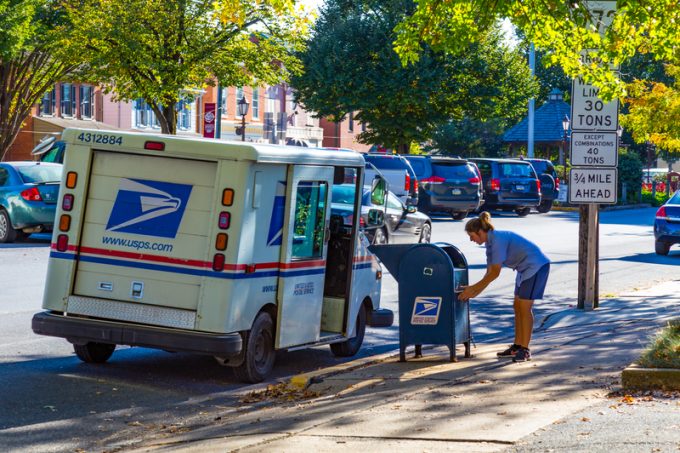DVZ radar: DHL Express awaits the next e-commerce star
It is all about networking

European letter carriers are preparing for a new regime for low-value commercial letter mail entering the European Union (EU), which calls for electronic submission of shipment data in advance.
With values below national de minimis levels for personal consumption, these shipments do not require clearance, but they have to be declared.
The new framework is due to come into effect across the EU on January 1, 2021, concurrent with the mandatory implementation of advanced digital data systems for customs and transport ...
Maersk u-turn as port congestion increases across Northern Europe
Apple logistics chief Gal Dayan quits to join forwarding group
Maersk Air Cargo sees volumes fall as it aims for 'margin in favour of revenue'
Houthis tell Trump they will end attacks on Red Sea shipping
Transpac rates hold firm as capacity is diverted to Asia-Europe lanes
Airlines slash freighter capacity post-de minimis, but 'the worst is yet to come'
MSC revamps east-west network as alliance strategies on blanking vary
India-Pakistan 'tit-for-tat' cargo ban sparks sudden supply chain shocks

Comment on this article